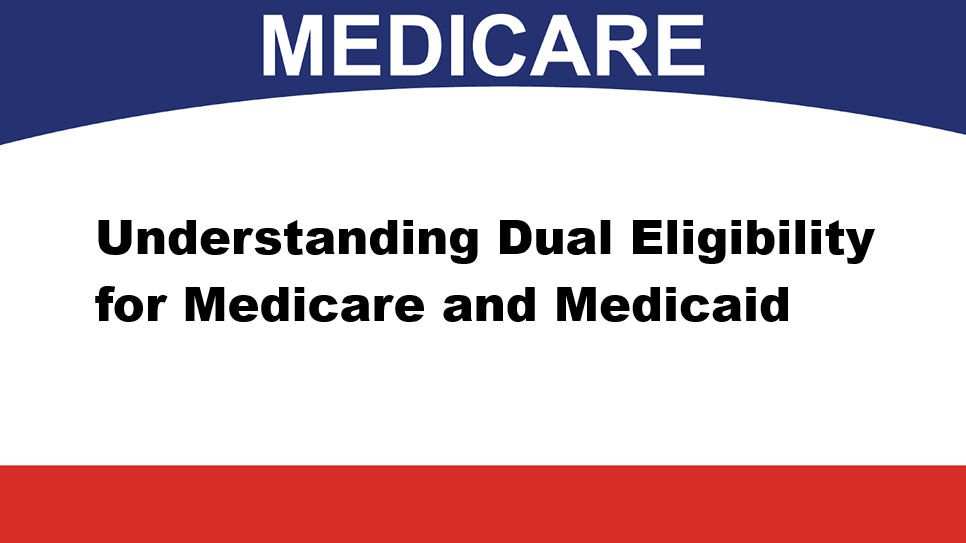- Medicare
- Medicare Supplement (Medigap)
Understanding Dual Eligibility for Medicare and Medicaid

Published: Aug 02, 2025
Written By: Insurance Storefronts
Dual eligibility is a term used to describe individuals who qualify for both Medicare and Medicaid, providing them with extensive healthcare coverage and financial assistance. This combination is particularly beneficial for low-income seniors and people with disabilities, ensuring they receive comprehensive healthcare services without overwhelming costs.
What is Dual Eligibility?
Dual eligibility allows individuals to access the benefits of both Medicare and Medicaid. Medicare primarily offers health insurance to those aged 65 and older or to younger individuals with disabilities, covering essential services such as hospital stays, outpatient care, and preventive services. Medicaid, on the other hand, assists with additional services not covered by Medicare, including long-term care, assistance with out-of-pocket expenses, and sometimes transportation and personal care services.
Who Qualifies for Dual Eligibility?
To be considered dual eligible, individuals must meet the requirements for both Medicare and Medicaid. Eligibility for Medicare is generally based on age or disability status, while Medicaid eligibility hinges on meeting specific income and asset criteria established by each state. These financial limits often align with or fall below the federal poverty level, but exact thresholds can vary.
Benefits of Dual Eligibility
- Comprehensive Coverage: Dual eligibles benefit from a wider array of healthcare services, ensuring they have access to necessary care.
- Lower Costs: Medicaid typically helps cover costs that Medicare does not, such as premiums, deductibles, and copayments, resulting in significant savings for beneficiaries.
- Enhanced Services: Many states offer additional programs for dual eligibles, focusing on preventive care, mental health support, and long-term assistance.
How to Apply for Dual Eligibility
Individuals interested in dual eligibility can apply through their state's Medicaid program. The application process may require documentation of income and assets, and understanding both Medicare and Medicaid requirements is crucial, as they can differ from state to state.
Conclusion
Being dual eligible is advantageous for those who qualify for both Medicare and Medicaid, providing them with comprehensive healthcare coverage and financial relief. For more information about dual eligibility reach out to an independent Medicare Insurance Storefronts Agent.
Recent Blog Posts
Medicare Part D
Understanding Drug Coverage Plans and Home Delivery OptionsMedicare Part D
When is the Medicare Part D Open Enrollment Period?Medicare Supplement (Medigap)
Understanding At-Home Doctor Visits for Medicare PatientsMedicare Supplement (Medigap)
Understanding the Initial Enrollment Period for Medicare